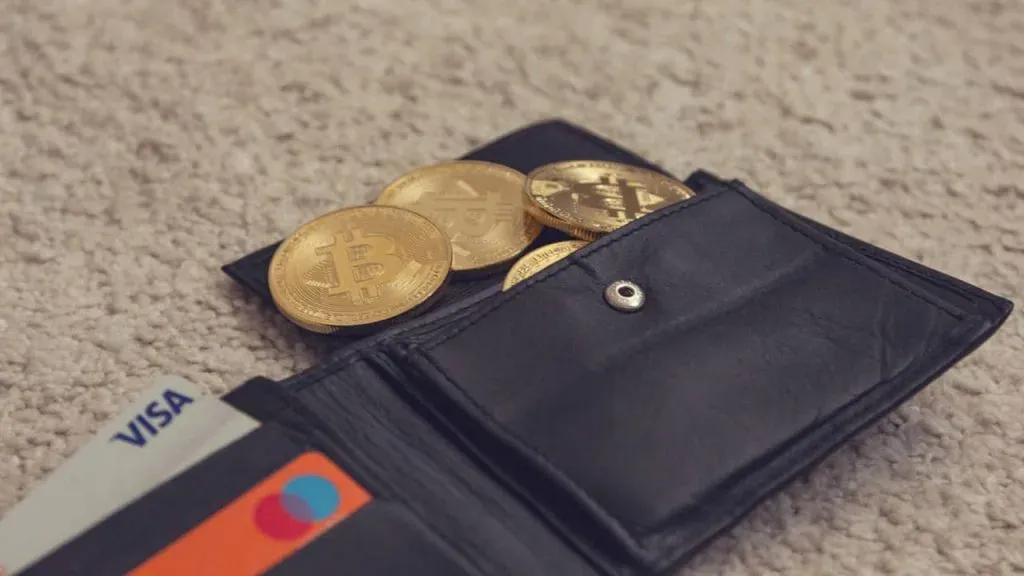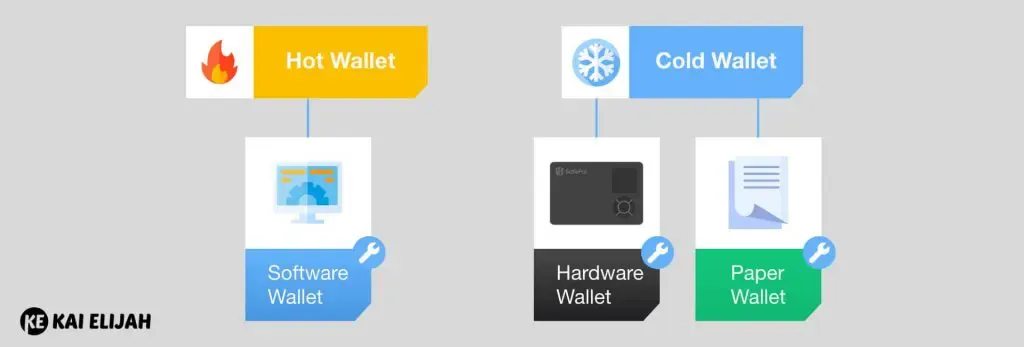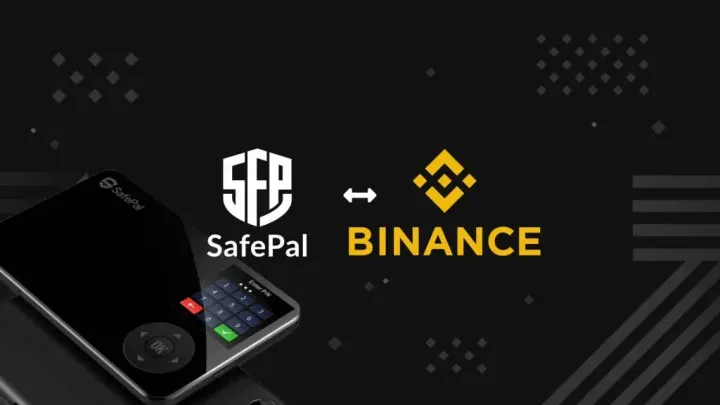Cryptocurrency Wallet 101: Why You Need It

So you have heard a thing or two about cryptocurrency wallets, thinking about storing your cryptocurrencies somewhere safe. Well, wise thinking there.
In this article, you’ll discover the existence of not 1 type, but 3 different types of cryptocurrency wallets. And these 3 different types of cryptocurrency wallets do not offer the same concept of ownership that you might expect them to.
A well-known saying goes:
The quote above is merely a simplified explanation of how you can keep your cryptocurrency assets secure on your personal storage devices (with 100% ownership).
In the majority of cases, users store their cryptocurrency assets in their cryptocurrency exchange’s wallet. Most — but not all — web-based wallets are actually considered custodial wallets in which you do not have control of your keys.
Let’s say the cryptocurrency exchange that you’re using decided to close down for good, the assets you have that are tied to your custodial wallet will be unrevivable. – Not your keys
3 Different Types of Cryptocurrency Wallet
Here is what you need to know.
There are 2 categories with 3 different types of cryptocurrency wallets:
- Software Wallet
- Hardware Wallet
- Paper Wallet

Software Wallet
A software wallet is your virtual wallet that exists on the application that you’re using to store your cryptocurrency assets. Software wallet can be used on your desktop and smartphone.
This type of cryptocurrency wallet is highly accessible through your devices and can be used anywhere to access your online storage. For that reason, it’s advisable to limit the amount of digital currency in such wallets.
Software wallets are actually considered non-custodial wallets, you’d have complete control of your keys and funds. Don’t be mistaken, thinking that you fully own the assets on your custodial wallet on the crypto exchange.
Hardware Wallet
On contrary to software wallets, hardware wallets are physical storage devices that are designed to be more secure as they do not connect directly to the internet. Hardware wallets are also considered non-custodial wallet.
Hardware wallets are manufactured in different shapes. So don’t be surprised if you find that they all don’t take the shape of a thumb drive!
The common security feature that they have is that these cryptocurrency hardware wallet stores private keys that only you have access to.
Of course, they are compatible to store different types of cryptocurrencies you purchase from your cryptocurrency exchange.
Using the hardware device is fairly simple, it can be plugged into the computer and be accessed with unique pin(s) before any form of transaction can be confirmed.
A major advantage as you have known is for its ease of use and security, which is why hardware wallets like SafePal and Ledger Nano are highly popular choices.

Paper Wallet
Paper Wallet is a cold storage wallet and your private keys, QR Code, and Cryptocurrency address are printed literally on paper. Paper Wallet is also considered a non-custodial wallet.
While this cryptocurrency paper wallet is considered extremely safe from hackers, the process of generating this paper can be confusing and generated without any backups.
Due to the fact that paper wallet is printed, they are considered to have a high risk of damage from ink fading over time or being misplaced entirely.
Securing Your Crypto Assets On Cryptocurrency Wallet
The key decision when it comes to storing your cryptocurrency holdings securely is choosing between a custodial wallet and a non-custodial wallet. Some may hold one of the other or both at once.
If you have decided that you’d want to own the keys to your coins, a non-custodial wallet might be a better choice for you. And you’ll need to decide between the 3 types of cryptocurrency wallets that we have listed above to store your cryptocurrencies.
Purchase Considerations
Investors generally use storage devices like the Hardware Wallet to safely secure their assets.
These are some things to look out for if you’re shopping for your Cryptocurrency Hardware Wallet:
- Ease Of Use
- Cost
- Security
- Coin Support
- Features
Usually, an ideal hardware wallet comes with physical buttons, LED display screen with the functionality of recovering private keys stored on it. Hardware wallets are produced differently, you’d need to check if they support the cryptocurrencies that you want to store.
As for security, 2 way QR authentication feature like Safepal wallet’s provides an additional security layer while doing transactions to the right accounts.
Regardless of your choice, be sure to take security measures while using your cryptocurrency wallet.
Read this article next if you want to buy cryptocurrency safely.
*Disclaimer: We only recommend products we would use ourselves and all opinions expressed here are our own at the point of writing. This post may contain affiliate links, we may earn a small commission when you sign up to trade but at no additional cost to you. KaiElijah does not guarantee the reliability of the Site content and shall not be held liable for any errors, omissions, or inaccuracies. The opinions and views expressed in any article on this site are solely for informational purposes only, and it does not constitute an endorsement of the services discussed or investment, financial, or trading advice. Read the full affiliate disclaimer here.


